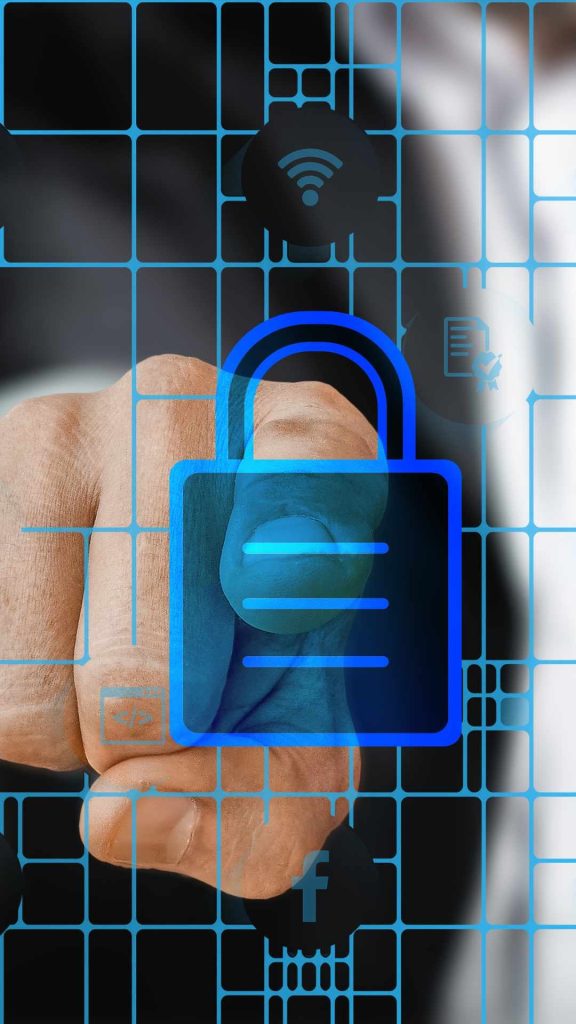In the high-stakes world of defense, aerospace, and military technology, manufacturing is governed by a set of rules far more stringent than those in the commercial sector. Here, the focus extends beyond simple quality and performance to the absolute imperatives of national security and the protection of sensitive technology. The primary regulation governing this landscape in the United States is the International Traffic in Arms Regulations, or ITAR. For any company involved in the design, manufacturing, or distribution of defense-related products, understanding and adhering to ITAR is not optional—it is a legal and patriotic duty. Choosing a Contract Electronics Manufacturer (CEM) for these projects requires more than just technical capability; it demands a partner with a deep commitment to security, process control, and the principles of American industrial responsibility. At BENCOR, we understand that building for our nation’s defense means upholding the highest standards of quality, security, and integrity.
What is ITAR? A Matter of National Security
The International Traffic in Arms Regulations (ITAR) is a United States regulatory regime administered by the U.S. Department of State’s Directorate of Defense Trade Controls (DDTC). Its core purpose is to control the export, import, and handling of defense-related articles, services, and, crucially, technical data. The fundamental goal of ITAR is to safeguard U.S. national security and advance American foreign policy objectives by preventing sensitive defense technology from falling into the wrong hands.
The scope of ITAR is defined by the United States Munitions List (USML). The USML is a detailed list of articles and technologies designated as “defense articles” and is broken down into 21 distinct categories. It’s a common misconception that this list only includes finished products like tanks, missiles, or fighter jets. In reality, the USML is incredibly comprehensive, covering the components, parts, systems, and software that go into these platforms. For electronics manufacturers, key sections include Category XI (Military Electronics) and Category XII (Fire Control, Range Finder, Optical and Guidance and Control Equipment). Critically, ITAR controls not just the physical hardware but also the technical data required for its design, development, and manufacture—this includes schematics, Gerber files, assembly drawings, and CAD models.

The Core Requirements of ITAR Compliance
For a manufacturer like a CEM, adhering to ITAR involves a rigorous, multi-faceted commitment to security and process control.
Strict Control of Technical Data and "Foreign Persons"
This is arguably the most critical and challenging aspect of ITAR compliance for a manufacturer. ITAR strictly prohibits the disclosure or transfer of controlled technical data to a “foreign person” without an explicit export license from the Department of State.
A “U.S. Person” is defined as a U.S. citizen, a lawful permanent resident (Green Card holder), or a protected individual (like a refugee or asylee). A “Foreign Person” is anyone who is not a U.S. Person.
This means that a compliant CEM must ensure that only authorized U.S. Persons have access to any ITAR-controlled drawings, files, or technical discussions. This has profound implications for a company’s hiring practices, IT systems, and data management.
Robust Physical and Digital Security
To prevent unauthorized access to technical data and hardware, an ITAR-compliant company must implement and maintain a robust security program.
This includes measures like secure, access-controlled facilities; visitor management systems and logs; secure IT networks with firewalls and encryption to protect digital data; and clearly defined policies and training for all employees on handling sensitive information.
DDTC Registration
Any U.S. company that manufactures, exports, or acts as a broker for defense articles or services must be formally registered with the DDTC. This registration is the foundational step for any organization wishing to participate in the defense supply chain.
Export Licensing
The physical export of any hardware or the electronic transfer of any technical data on the USML to a foreign destination or foreign person requires a specific export license granted by the DDTC. This is a formal, highly controlled process.
Why ITAR Compliance is Non-Negotiable for Defense Projects
The reasons for strict adherence to ITAR are compelling and the consequences of failure are severe.
Crippling Penalties for Non-Compliance
The U.S. Government treats ITAR violations with extreme seriousness. Penalties can be crippling and include massive civil fines (often up to $1 million per violation), severe criminal fines, and even imprisonment for individuals found to be willfully non-compliant. Furthermore, a company can be “debarred,” which means losing its export privileges and being barred from participating in any future government contracts—a potentially business-ending consequence.
Protecting Sensitive Technology and Keeping Our Warfighters Safe
Beyond the legal and financial penalties, the fundamental reason for ITAR is to protect the technological edge of the U.S. military and its allies. A breach in the supply chain that allows sensitive technical data to be acquired by an adversary could compromise the effectiveness of a critical defense system, directly endangering the lives of American service members.
The Legal Necessity of a Domestic Manufacturing Partner
The strict prohibition on sharing technical data with foreign persons means that for most ITAR-controlled projects, the entire manufacturing supply chain for that item—from PCB fabrication to final assembly—*must* reside within the United States and be handled exclusively by U.S. Persons. This makes choosing a domestic CEM not just a strategic advantage, but a legal necessity.

What to Look for in an ITAR-Capable Manufacturing Partner
When your project falls under ITAR, your choice of CEM is one of the most critical decisions you will make. You need a partner who is not just technically capable but also demonstrably secure and compliant.
Confirmed DDTC Registration
The first and most straightforward question to ask any potential CEM is: “Are you registered with the DDTC?” If the answer is no, the conversation for an ITAR project ends there.
A Strong, Verifiable Security Program
A compliant partner should be able to describe their security protocols. How do they secure their network? What are their facility access controls? Do they have a documented ITAR compliance plan and provide regular employee training?
A 100% U.S. Person Workforce and Process
The partner must be able to guarantee and provide assurances that only U.S. Persons will be tasked with handling your project’s technical data and physical hardware, from the moment the files are received to the moment the final product ships.
A Culture of Quality and Traceability
The discipline required for ITAR compliance is a natural extension of a strong quality culture. The same robust systems that support an **ISO 9001:2015 certification**—like detailed documentation, strict process control, and complete traceability of materials and labor—are essential for the accountability required in defense projects. A company like BENCOR, with a proven commitment to a strong Quality Management System, is culturally and operationally aligned with the discipline that ITAR demands.
An Unwavering American Foundation
At its core, ITAR compliance is built on a foundation of trust and responsibility. BENCOR’s identity as a proud, privately-owned American manufacturer, operating in Texas since 1992, is the bedrock of this trust. Our commitment to domestic production, process integrity, and the security of our clients’ intellectual property is woven into our DNA. For companies embarking on sensitive defense-related projects, partnering with a CEM that is already deeply committed to these foundational American values provides the confidence and peace of mind that your critical technology is in safe, reliable hands.
Conclusion:
The International Traffic in Arms Regulations (ITAR) are a serious and complex set of U.S. laws, but they serve a vital purpose: protecting the technologies that protect our nation. Navigating ITAR requirements successfully demands a manufacturing partner who is not only officially registered but is also culturally, operationally, and philosophically committed to the highest levels of security, discipline, and process control. Choosing a proven, reliable, and secure American manufacturer is the first and most important step in building a compliant and trustworthy supply chain for your sensitive defense electronics. For projects that demand the highest levels of quality, security, and process control, partner with a trusted American manufacturer that understands what’s at stake.










